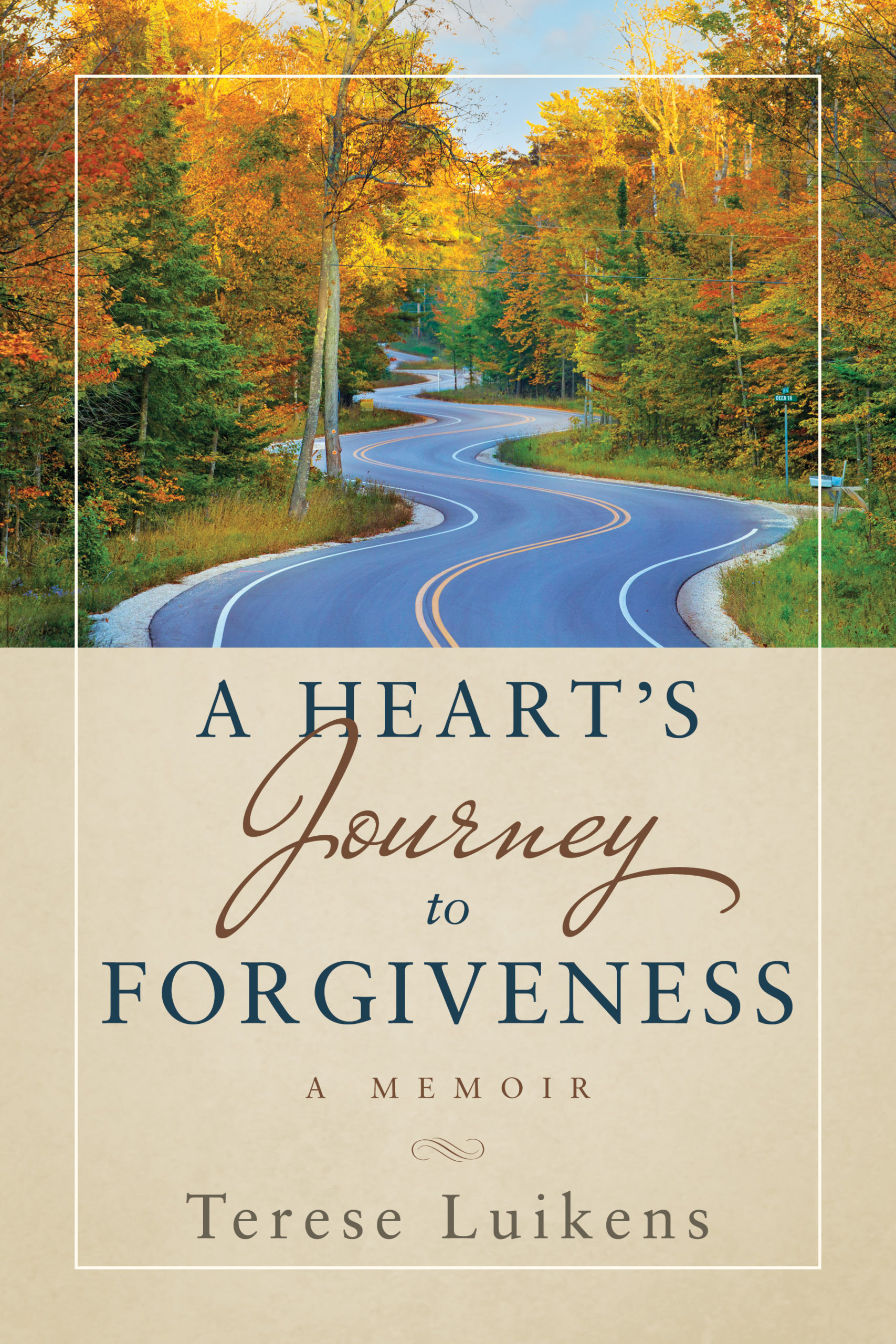
Why Bother With Resiliency?
Life is hard all by itself. Living life while at the same time wrestling with a mental impairment is even more challenging. Mental disorders such as depression, high anxiety, post traumatic stress syndrome, or bipolar disorder disrupts our ability to rebound from inevitable losses such as relationships, physical health or even our quick wit. Mental disorders, in short, add a higher dose of disorder to our lives. For those with a mental impairment, finding a sense of balance takes a tenacious commitment to finding ways to stay well.
Bouncing Back
I knew nothing of my father’s mental illness. He’d been diagnosed with depression, but depression was never mentioned in our family. When I was twelve and he told me he was going away to a hospital to get well, I thought he was going to the hospital so he could be cured of his gout. Gout was an acceptable illness. You could talk about it without any stigmas being attached.
While at the hospital, Dad ended his life. Of course I was confused. I knew that gout and suicide did not line up with each other, but the unspoken disorder of depression and suicide did line up. Connecting those dots between his depression and his suicide, unfortunately did not occur to me until years later.
While I was growing up, Dad medicated himself with alcohol. He even referred to it as his “medicine”. Becoming inebriated, it seemed, was the only way he could quiet whatever disrupting, hostile and crazy thoughts he fought against. But, abusing alcohol only added to his disordered thinking and the number of losses in his life.
For instance, he lost more than one job because of his drinking. He also lost his self-respect and his relationship with my mother teetered on the edge of destruction. Ultimately though, he ended his own life when he believed that was the best choice he had.
Of course I will never know what might have happened if he’d decided to talk about his mental imbalance or if he’d been correctly diagnosed with post traumatic stress disorder. I will never know what might have happened if he’d found some kind of therapy or medication that may have worked for him. I will never know those things. But this much I do know.
According to studies, about one in every eight people live with a mental disorder. I also know, from personal experience, that when these individuals make the choice to learn to live with their impairment, one that will never go away, they find a way to cope with it.
I liken these courageous folks to those who have to walk uphill every day while the rest of us only have to deal with molehills. The ones I know who struggle to be well, also struggle with guilt. They feel guilty when they cannot do things that they think they should be able to do. They feel remorseful when they have to bow out of a seemingly benign social gathering such as dinner parties because they feel overwhelmed. Or, they blame themselves for laziness or being overweight when in fact, fatigue and weight gain are the side effects from their medication.
Why bother with resiliency? Those who have learned to live with their disability have learned to bounce back from their daily uphill climbs. Knowing how to take care of ourselves, also helps us to adjust to a life that is harder than normal.
New Release
